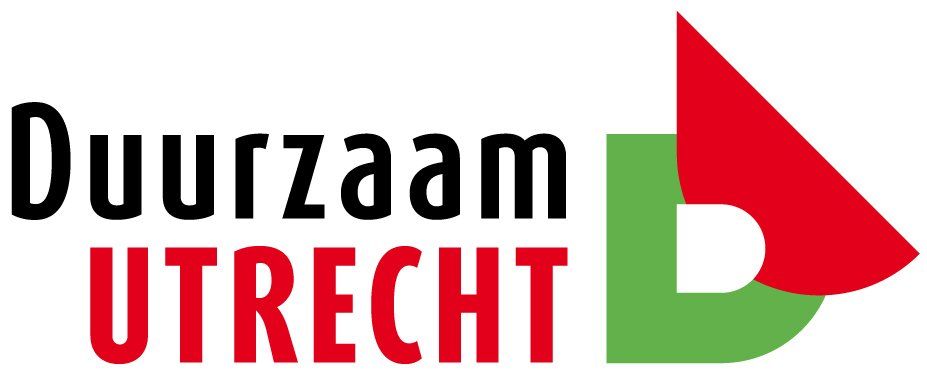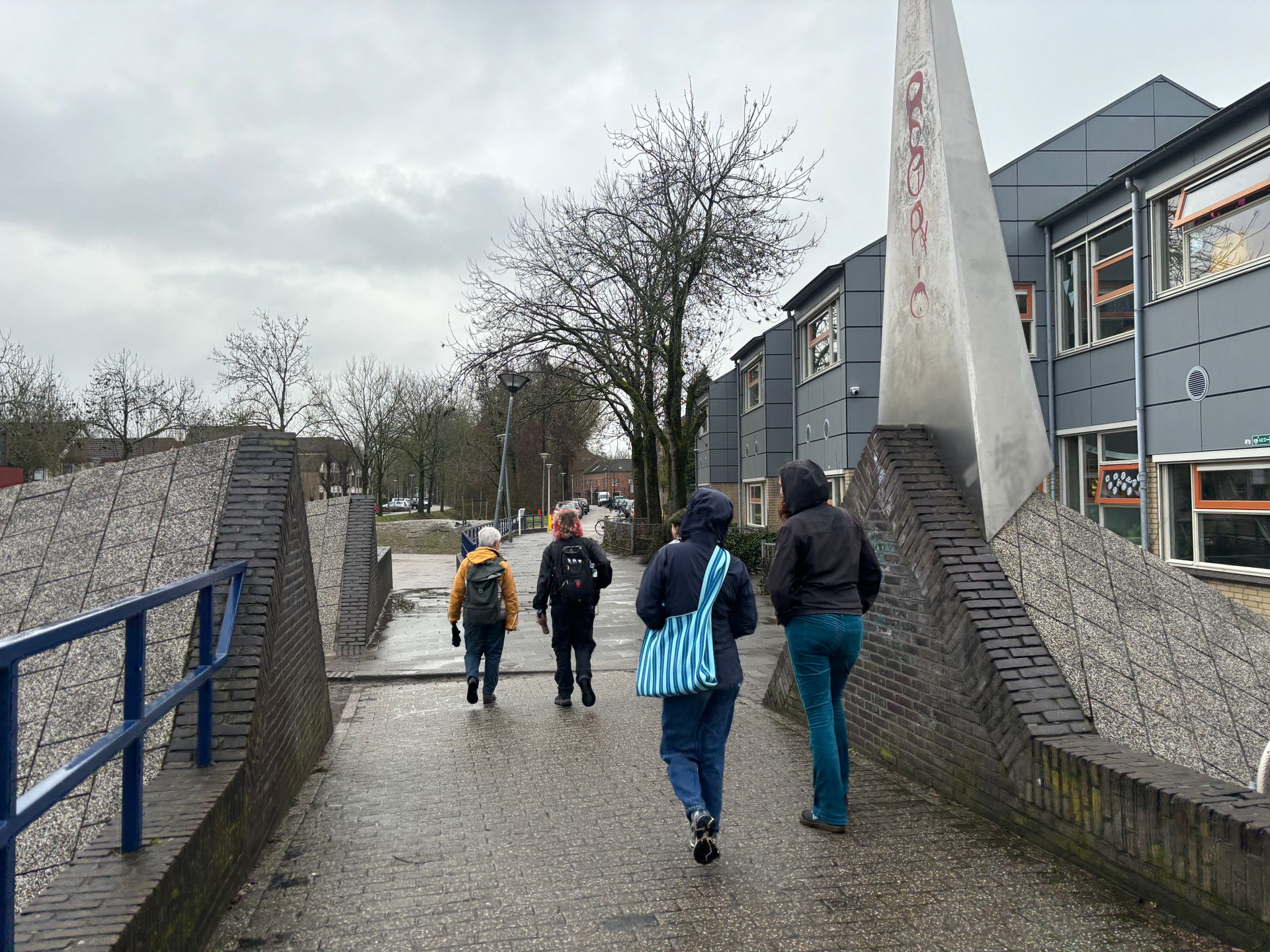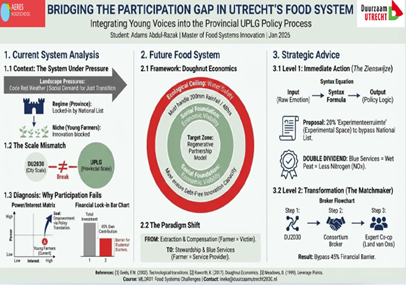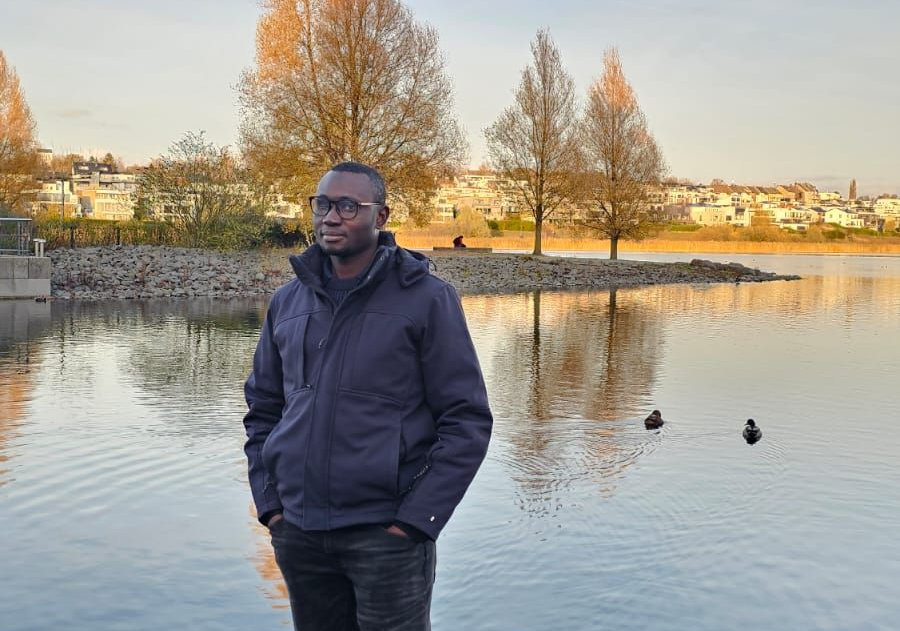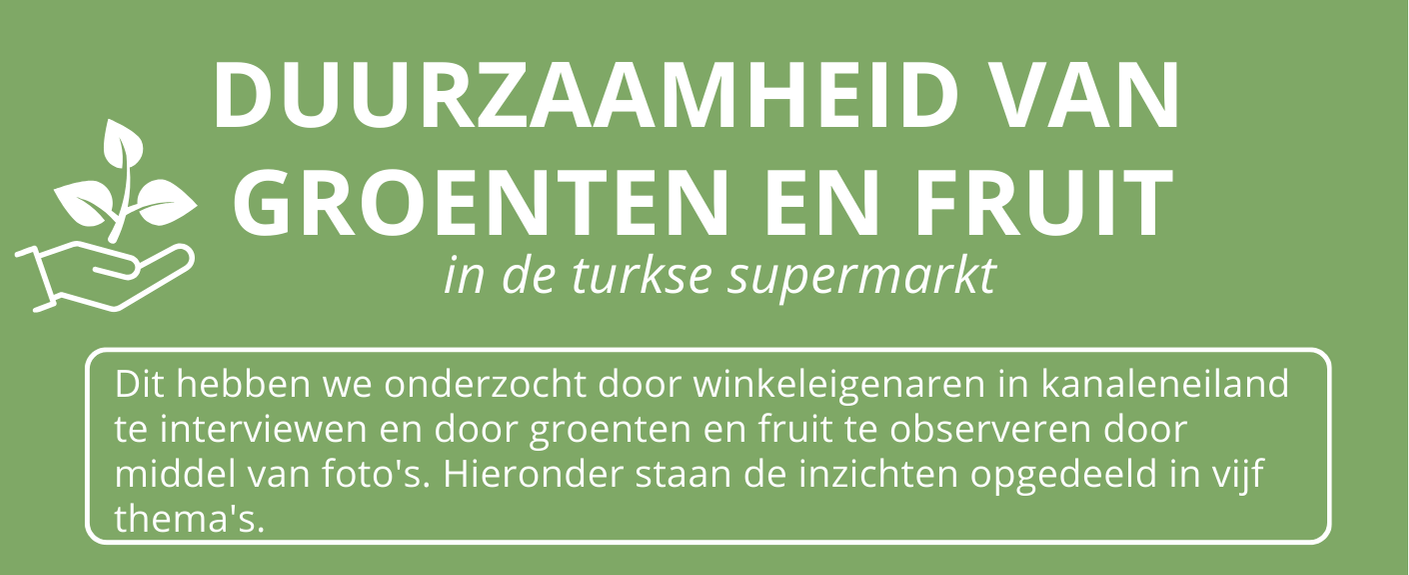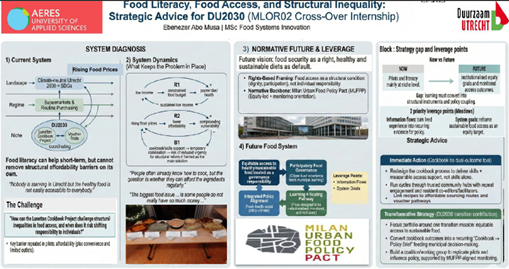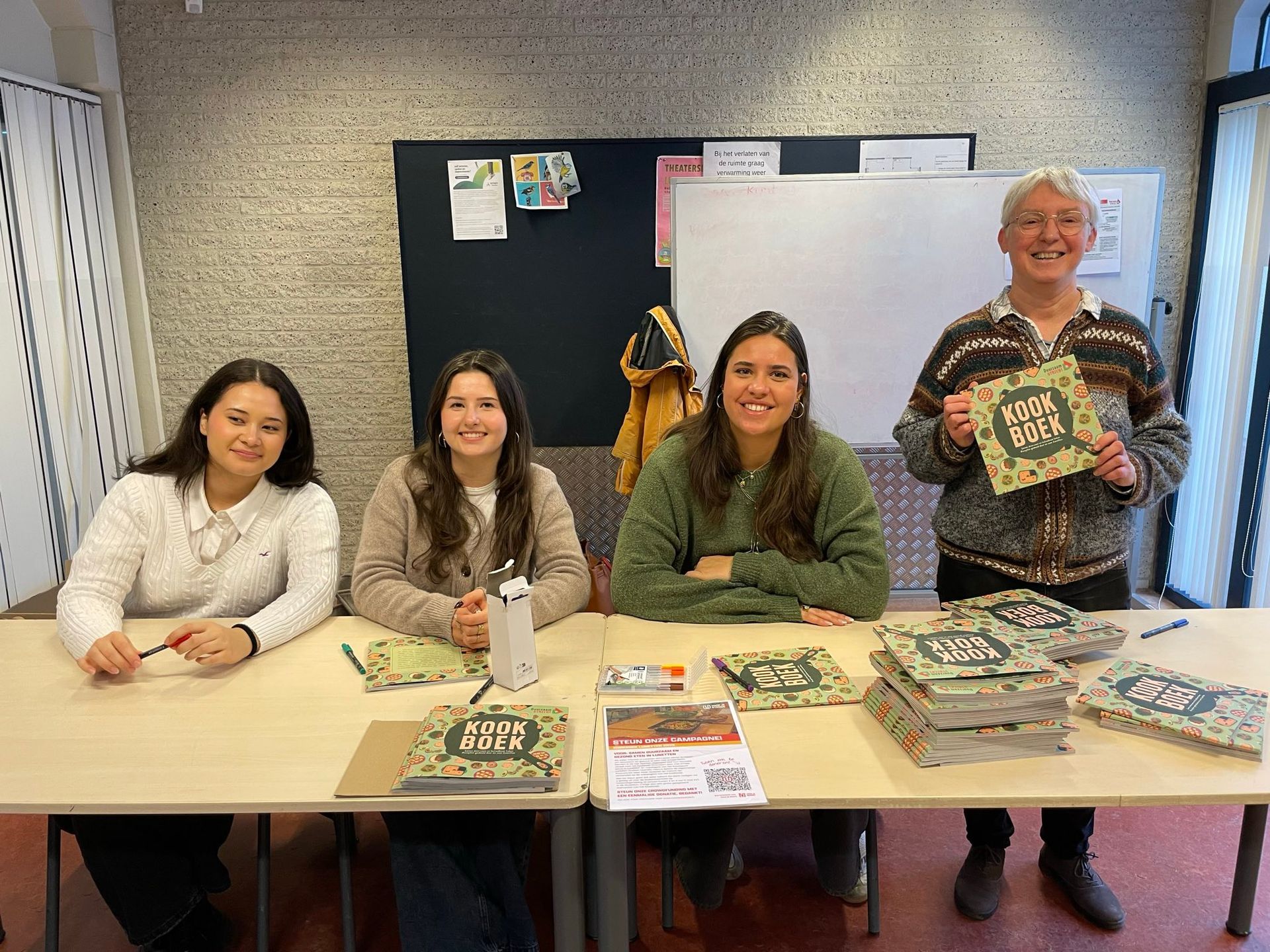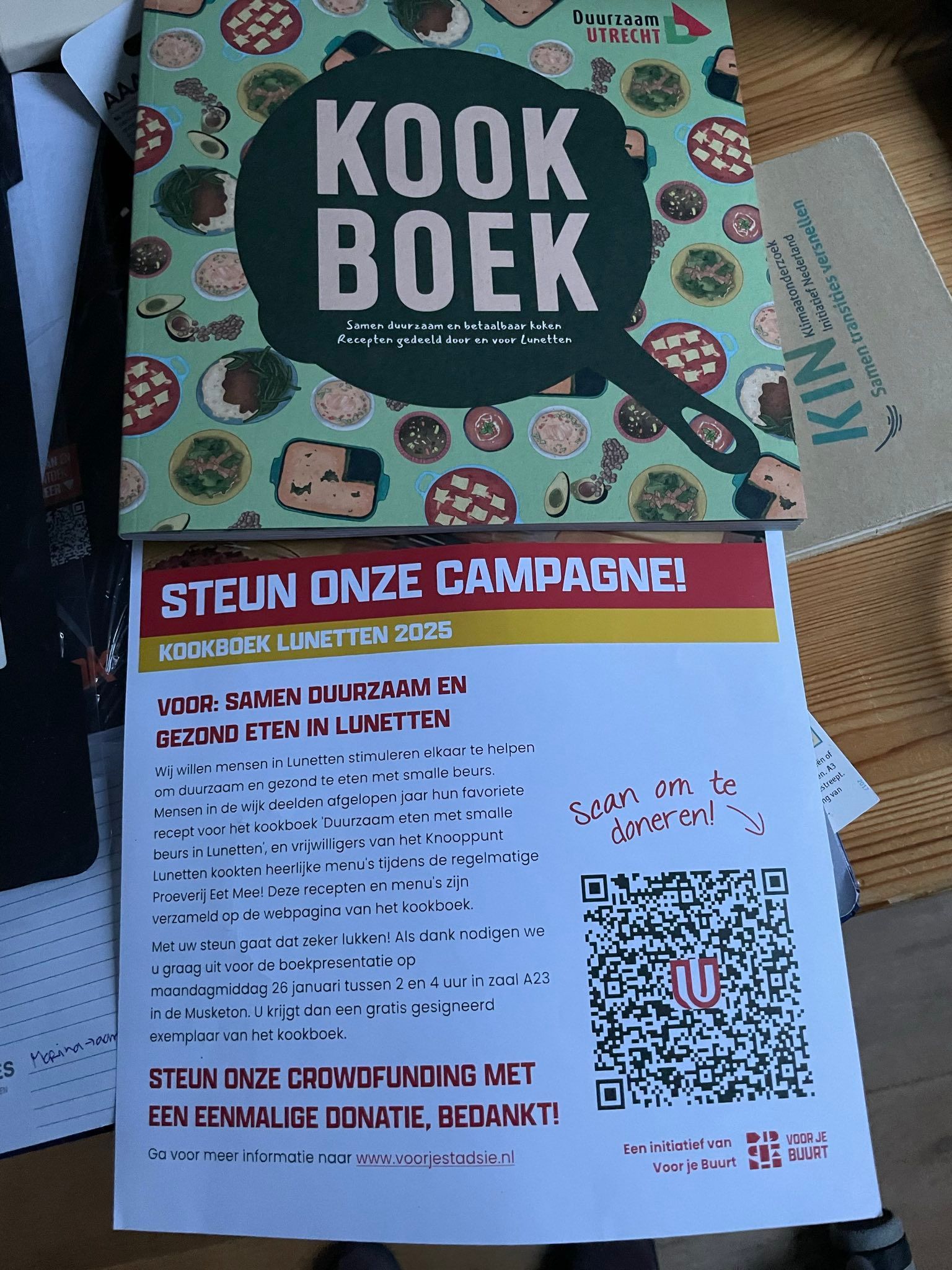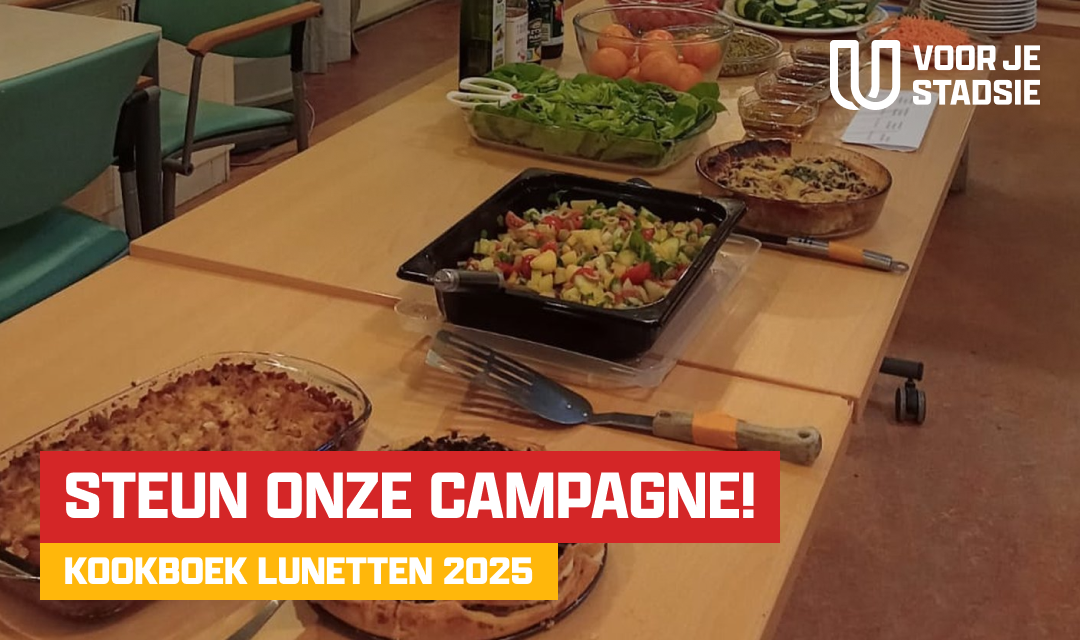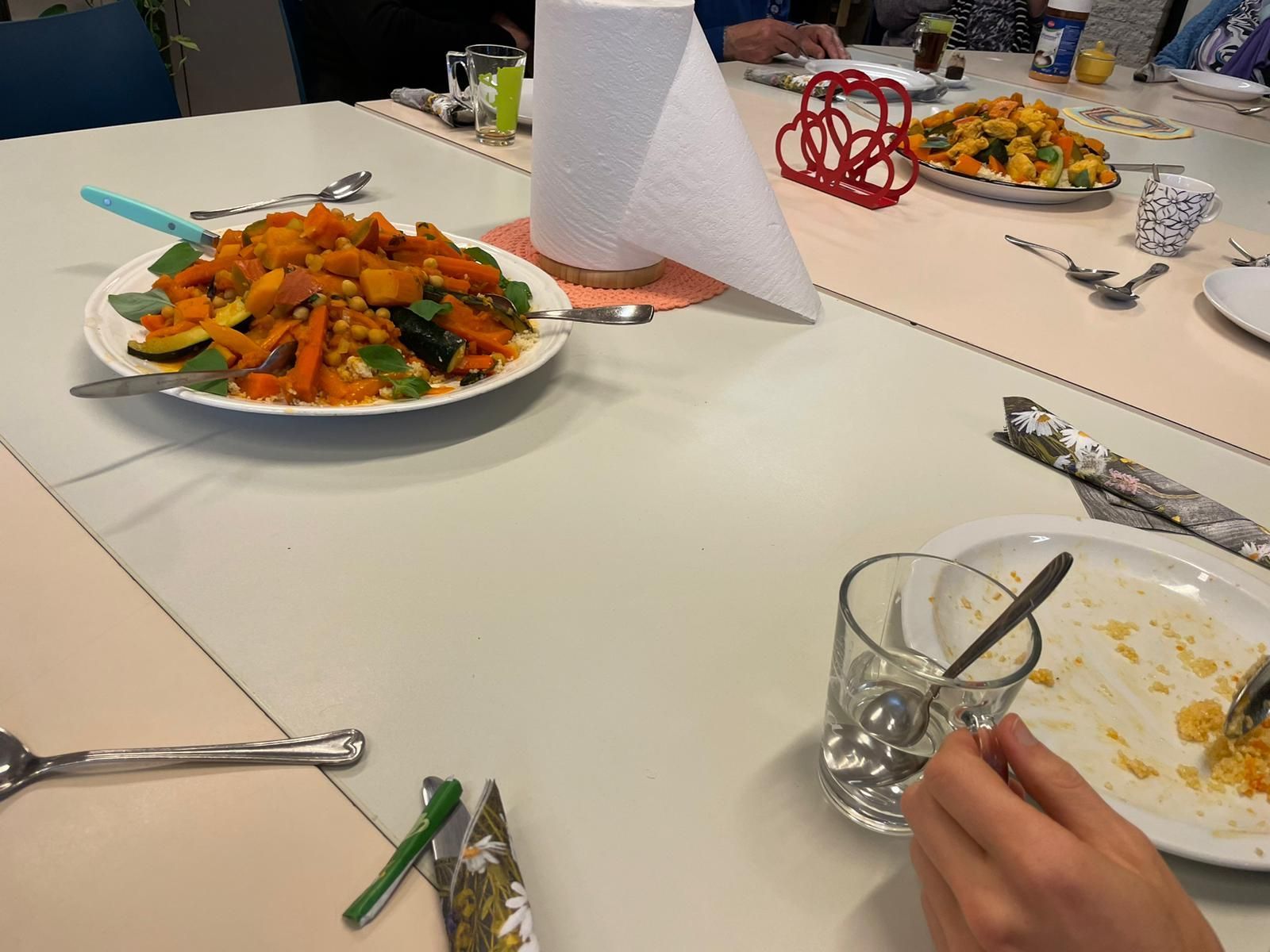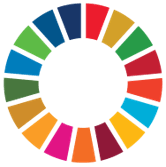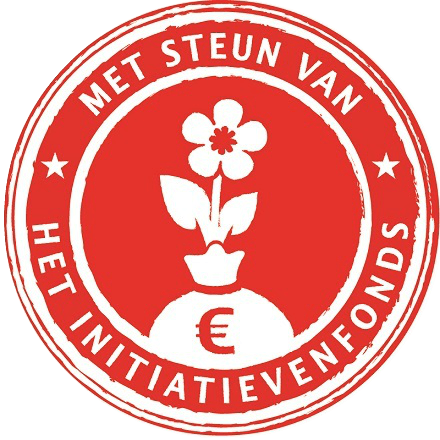Zes tips voor Duurzaam Utrecht 2030 met een smalle beurs
Lees hier hoe veertig Utrechters duurzaam en betaalbaar willen leven
De gemeente Utrecht heeft de ambitie om in 2030 klimaatneutraal en duurzaam te zijn. Om die uitdaging aan te gaan is de medewerking van alle burgers naar draagkracht nodig. Met verschillende regelingen stimuleert de gemeente mensen hun huis of auto te verduurzamen. Een op zeven Utrechtse huishoudens verdient tot 125% van het sociaal minimum. Deze mensen leven vaak al duurzaam, zonder auto of vliegvakanties, maar ze kunnen niet altijd aanspraak maken op gemeentelijke steun. In het project Duurzaam Utrecht 2030 - Leef duurzaam, ook met een smalle beurs vragen we mensen met een smalle beurs hoe ze zelf duurzaam willen leven, en ontwikkelen bijpassende innovatieve combinaties van duurzame en betaalbare producten, diensten en gemeentelijke regelingen. In dit rapport presenteren wij, Ineke Malsch, Iris Brugman, Youssra Aissati, Rowena Beijer, en Lana Koster de uitkomsten van gesprekken met ruim veertig bezoekers van zes buurthuizen en twee buurttuinen in Utrecht, van april - juni 2022. Uit onze gesprekken borrelen zes tips op die we in het najaar nader willen onderzoeken op wenselijkheid en haalbaarheid. Van 3 september - 11 november gaan we daarmee aan de slag in samenwerking met de gemeente, onderwijsinstellingen en sociale partners. De tips zijn: 1. Ondersteun duurzaamheidsambassadeurs in buurten. 2. Verbind koppels rond groentetuintjes. 3. Subsidieer biologische boodschappen. 4. Maak openbaar vervoer toegankelijker. 5. Breng energieadvies in huis. 6. Investeer in zelfbewustzijn. Wilt u ook meedoen? Neem contact op.
[Deze post is oorspronkelijk geplaatst op ethicschool.nl/blog op 11 juli 2022]


